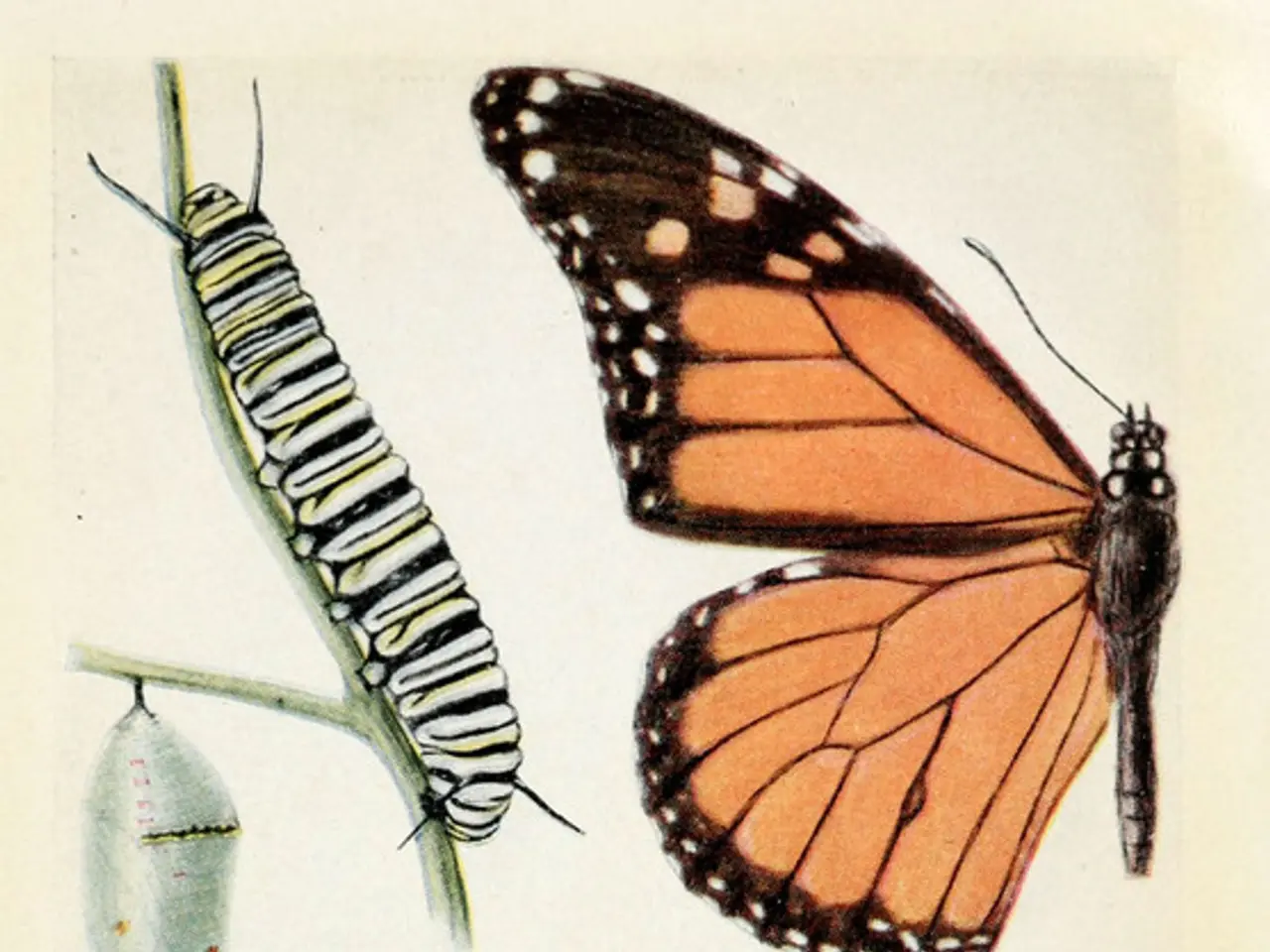Kākāpō parasites may face extinction
In the remote forests of New Zealand, the critically endangered kākāpō—a large, flightless parrot with a distinctive owl-like face—is facing a new threat: the potential extinction of its parasites. This worrying trend, revealed by a recent study, could have far-reaching implications for the balance of ecosystems and the survival of the kākāpō itself.
The kākāpō, one of New Zealand's most endangered species, has been the focus of intensive conservation efforts. Its population, estimated to be around 241 individuals today, has been managed in sanctuaries and predator-free reserves. Despite these efforts, research shows that the decline of parasites in kākāpō populations has continued, even after their numbers began to stabilize.
Parasites, such as those once hosted by the kākāpō, play crucial roles in ecosystems. They help regulate host populations and influence community dynamics. The loss of these parasites, as seen in the kākāpō case, could have significant and unknown consequences for both the host species and wider ecological communities.
The study, published by Cosmos under the title "Bad news: kākāpō parasites could be going extinct", analysed the ancient DNA and microfossil data of frozen and fossilised dung from over 200 fossil dung samples and kākāpō droppings from 14 localities. The research team identified 16 parasite taxa in pre-1990 samples, but only 3 are detected in today's kākāpō population, representing a loss of over 80% of parasite groups.
This decline in parasites may be due to fewer kākāpō for the parasites to live off, or human interventions. Some of the parasites inhabiting kākāpō may be more endangered than their host, according to Dr Andrew Digby, Science Advisor for Kākāpō/Takahe in the Department of Conservation's Kākāpō Recovery Programme.
The loss of parasites from kākāpō populations is concerning because parasites play crucial roles in ecosystems. Their extinction could disrupt the balance of host populations and contribute to a reduction in biodiversity. Recognizing and preserving parasite diversity is essential for holistic conservation and ecosystem health.
This study emphasizes the importance of evidence from the past in informing conservation biology. As human activities continue to drive biodiversity loss at a rate 10 to 100 times higher than the natural baseline, understanding the impacts on parasite populations is increasingly important. Over the past 50 years, the populations of 69% of monitored mammals, birds, amphibians, reptiles, and fish around the world have declined.
The kākāpō, with their preserved parasite communities due to coprolite records and frozen dung collected during their conservation, may offer a unique opportunity to study the ecological impacts of parasite loss. As we strive to conserve this remarkable species and its unique ecosystem, understanding and addressing the decline of its parasites is crucial.
- Preserving parasite diversity is crucial for holistic conservation and ecosystem health, as shown in the case of the kākāpō.
- Chronic diseases, such as some medical conditions, can be affected by the decline of parasites, posing questions for healthcare and workplace-wellness.
- Reflecting on the kākāpō's situation, treatments for chronic diseases might need to consider the impact of parasite extinction on overall health.
- In the realm of environmental science, climate change could influence the survival of parasites, creating additional concerns for ecosystems and parasite populations.
- As parasites play key roles in modulating host populations and community dynamics, their loss may have unforeseen consequences for eye-health, hearing, and other vital aspects of health-and-wellness.
- In response to the decline of parasites, it is essential to investigate and understand the intricacies of parasite interactions with skin-conditions and digestive-health.
- The decline of parasites among kākāpō could signal a broader shift in biodiversity patterns, with potential implications for the emergence of new respiratory-conditions and neurological-disorders.
- Therapies and treatments should be adaptable to cater to changes in parasite populations, ensuring a continuum of care for individuals managing conditions like cancer and autoimmune-disorders.
- Alongside conserving endangered species like the kākāpō, it is crucial to address environmental-science challenges, such as those arising from climate change and pollution, to maintain a healthy environment for parasites and support their survival.
- Fitness-and-exercise activities that promote cardiovascular-health may also improve host organisms' resilience against parasites and better equip them to combat chronic diseases.
- Proper nutrition plays a role in maintaining a strong immune system, which can aid in fending off parasites and mitigating conditions such as aging, mental-health, and womens-health concerns.
- In light of the kākāpō study, understanding the ecological impacts of parasite loss is vital for skincare products that cater to a variety of skin-conditions.
- Parenting strategies might need to adjust in response to the decline of parasites, considering the potential implications for the health of future generations.
- Weight-management efforts should factor in the role of parasites in host lifecycles, acknowledging the need for new insights into their interaction with nutrition and overall health.




